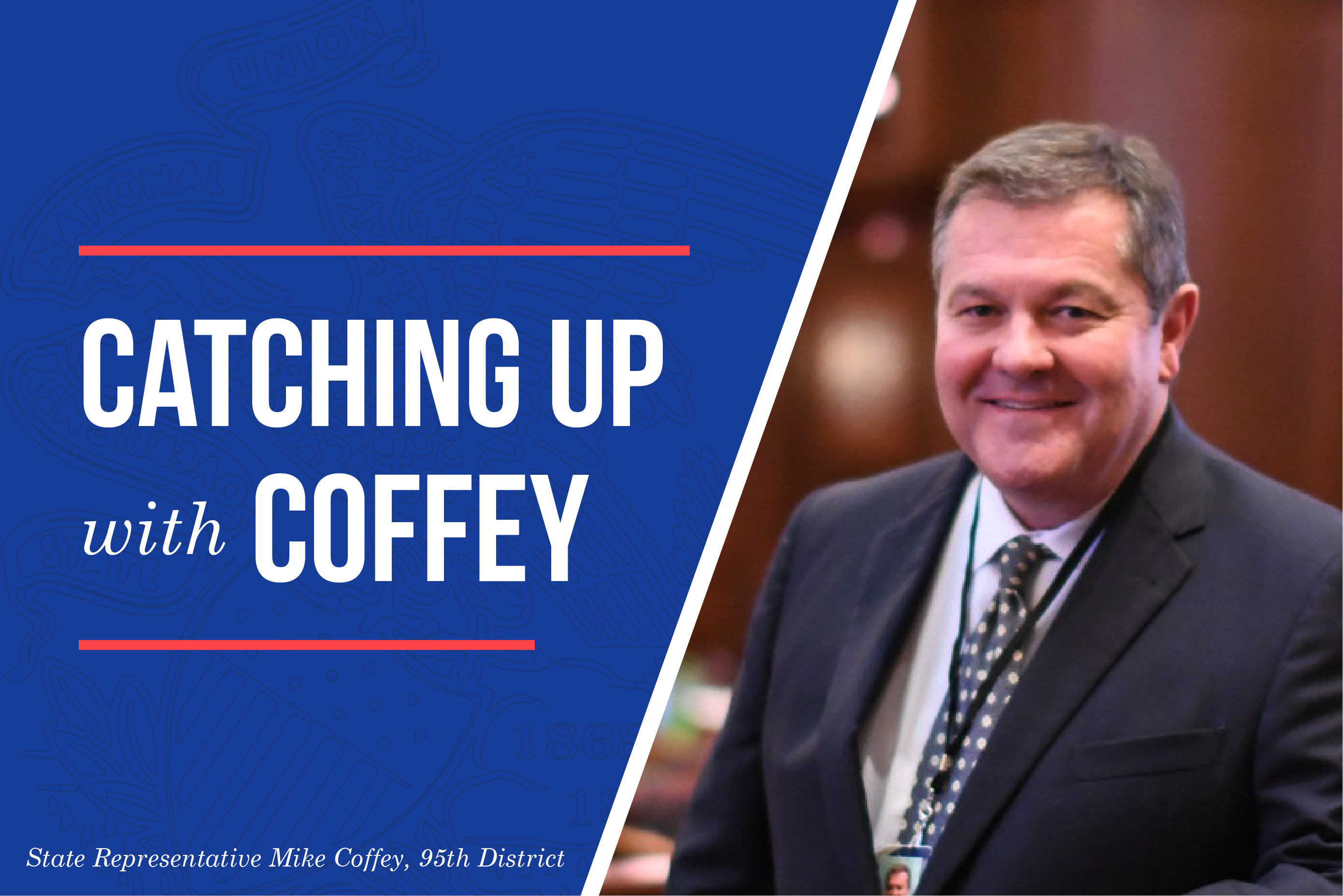Taxes
Illinois taxes on groceries, gas increase on Saturday. Starting July 1st, Illinois residents will begin to pay more on basic necessities such as gasoline and groceries.
Last year, Gov. JB Pritzker signed a temporary initiative, the Family Relief Plan, designed to ease the effects of inflation on residents by suspending the 1% sales tax on groceries and freezing the motor vehicle tax at 39.2 cents per gallon.
On July 1st, 2023, those freezes will come to an end.
Energy
Lawmakers look to lift the ban on nuclear energy permits. Illinois lawmakers worked to lift the 36-year-old ban on new nuclear energy construction permits this spring, with Senate Bill 76 receiving bipartisan support and headed to the Governor. Since 1987, Illinois has prohibited new nuclear construction. However, Illinois remains a nuclear power with 11 current operating reactors, the most of any state. Illinois is in the top three states with 54 percent of its energy generation being nuclear, while also having the most generating capacity (11.6 gigawatts) of any state.
Due to a continued ‘War on Coal’ by many Illinois Democratic lawmakers, all investor-owned coal plants must close by 2030 and coal-fired power plants owned by municipalities must reach zero emissions or shutter by 2045. With the demand for electricity continuing to rise and nearly seven gigawatts of coal capacity being pulled off the grid in the next eight years, the General Assembly acted to help ensure the ability to produce sufficient energy safely and efficiently. While this does not do much about the threat of rolling brownouts nor address immediate energy deficits, it is a step toward ensuring future baseload capacity for residents and job creators.
Nuclear energy is a low-carbon energy source that can help reduce greenhouse gas emissions, and it is not dependent on wind or sunlight. Construction of nuclear power plants can stimulate economic activity and job growth, and these power plants can meet a significant portion of a region’s energy demand. The nuclear industry has also made a number of technological advancements and safety improvements over the years.
Estate Tax
Estate Tax continues to put the future of family farms at risk. House Republicans have made continuous efforts to reduce or eliminate the burdensome ‘Estate Tax,’ known also as the ‘Death Tax,’ with more than a half-dozen bills introduced in the spring 2023 legislative session. And despite Gov. JB Pritzker stating that reducing the estate tax was one of his ‘shared priorities,’ Democrats’ inaction left out any action on all of the bills before final adjournment in May.
An estate tax, or inheritance tax as it is known in other states, is a tax paid by the estate of a deceased person after all debts to the private sector have been paid. In the states like Illinois where it is a law, payment of an estate tax is an essential part of the probate process. In estate tax law, the exclusion amount is an amount that is not considered when an estate is being taxed. The Illinois Estate Tax is a sliding-scale tax on probationary estates, and the tax cannot be levied on that part of an estate that is excluded. The current $4 million State of Illinois Estate Tax exclusion amount was enacted in December 2011 for persons dying on or after January 1, 2013. Prior to this enactment, the Illinois exclusion amount was $2 million.
By contrast, the federal exclusion amount is indexed to inflation. It was $12.06 million in 2022 and that amount has gone up to $12.92 million in 2023. Unless there are further changes to federal estate tax law, that exclusion amount is scheduled to be cut in half in 2026 due to a quirky feature in the law that sunsets the current indexation. Currently, only 17 states charge an estate/inheritance tax, and 33 do not. Iowa is in the process of phasing out its inheritance tax by 2025.
House Republicans proposed bills in spring 2023 to completely repeal the Illinois tax on estates. Other House Republican bills will increase the state exclusion amount from $4 million to $8 million, or raise the exclusion amount to $12 million.
The Illinois estate tax solicits approximately $547 million per year in revenues for the state by making death a taxable event. The tax falls with the greatest weight on property that cannot be moved out of state, including houses, small businesses and farmland.
Nearly 70,000 families own and operate 96 percent of the farms in Illinois, and all of these families are faced with questions when it comes to succession or transition plans for the business. The looming effects of the estate tax can force families to address future plans through gifting, discounting, leasing or some other method.
The threat for family farms and small businesses to either shutter or leave the state due to the estate tax is real. Several states that border Illinois, such as Indiana, Missouri and Wisconsin, do not charge an estate or inheritance tax, and Iowa’s is being phased out.
